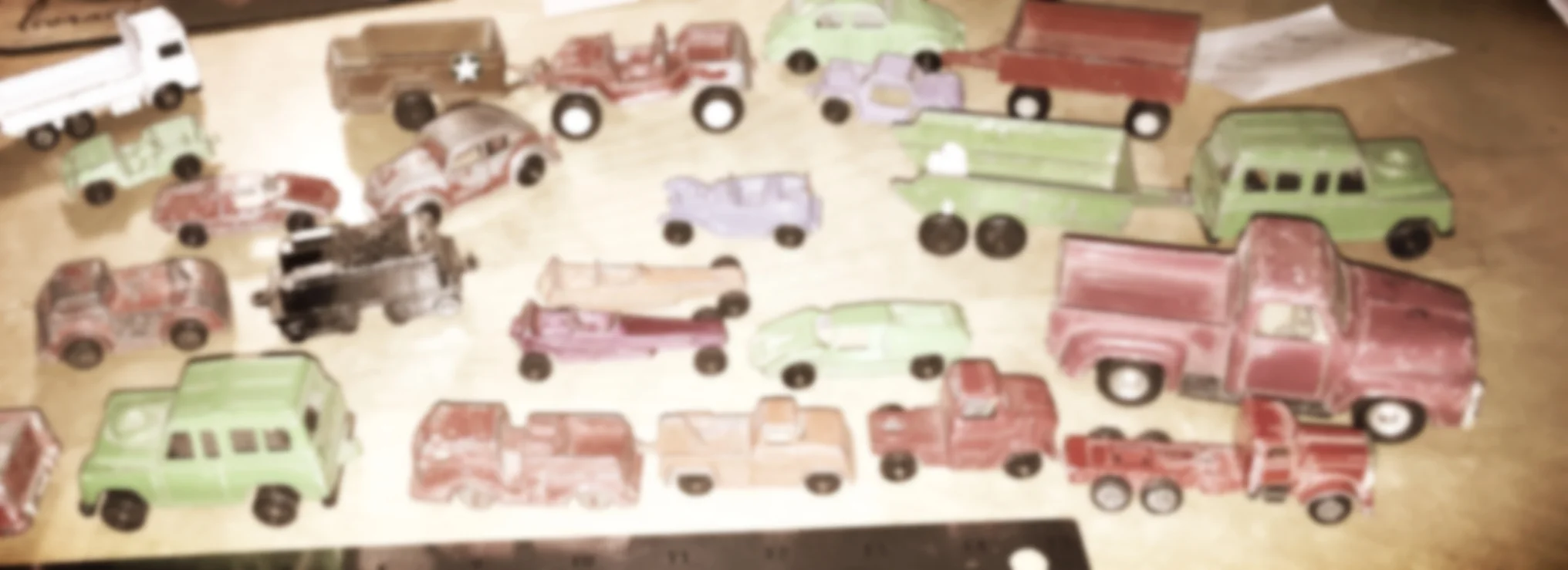Experiential Play Therapy
The Association of Play Therapy (APT) describes play therapy as “the systematic use of a theoretical model to establish interpersonal process wherein trained play therapists use the therapeutic powers of play to help clients prevent or resolve psychosocial difficulties and achieve optimal growth and development."
With young children I use an approach to counseling called experiential play therapy, and I am called a play therapist and I work with children with an understanding of child development. I enter your child's world, becoming a piece of that world, relating to them, being actively involved in the play and their unique perspective. The relationship between a therapist and a child happens as a product of the therapist entering and being a part of the child's internal, relational world. Young children relate to the world in a concrete way. It is not in their development to be able to think or talk in a linear fashion or use language based methods or have the cognitive reasoning that we have as adults. Understanding a child's development is a big part of what I do. Play is a concrete way in which children can work and rework their unique perspective thus empowering them. Children have a lovely and unique way to recreate events in play using symbols (toys, art materials, puppets) that are used metaphorically to represent the people and events that are in their lives. My job is being knowledgeable about what these symbols and metaphors might mean and then, after a bit of time together as this is sometimes not a quick process, interpret them and translate these sometimes complex themes not only back to the child, but also as an aide in helping parents to understand what is going on.
I encourage your child, and provide a space for your child to let me feel what they are feeling and I use this point of view in my assessment and analysis of their behavior. Traumatic events are one of the reasons parents might bring children to therapy. Behavioral issues are another reason therapy is sought. Neurobiological research lets us know that trauma is stored, or lives, in the right side of the brain in memories. We know that a baby is born with a brain, but the mind is something that is formed or developed through human interactions. So we might say that consciousness (the mind) is fundamentally social and is developed in a social context. Play therapy allows access to these memories and allows us to rework them, so the memories of the events are rewoven into the child's narrative. This is helping your child to integrate the content of left and right brain. Basically so it isn't scary anymore and they gain mastery over what happened to them and what happens in their future relationships. This work happens within a framework of a social relationship between the therapist and the child, but it is only a first step. After a relationship with your child has been established, the work oftentimes moves to work with parents and caregivers.
I have a particular interest in working with children with attachment disorders. Attachment is an aspect of a child's emotional development. Attachment disorder can be described as an irregular or distorted mood or behavior in social relationships. It arises from an early failure to attach to a primary caregiver. I have specifically trained in object relations theory, attachment theory, experiential play therapy and the use of strength based approaches that incorporate positive parenting techniques. Child development, neurobiology, attachment theory, and art, play and sand tray therapy are the areas of research that I incorporate into my therapy with children and my work with parents and families and I have a Theraplay informed practice. I connect with parents and caregivers in a respectful and validating manner helping to redirect techniques that are effective in guiding parents and caregivers in non-confrontational, non judgmental, positive and collaborative manners. The information gained from your child in sessions is part of what informs me in understanding your family system. Those oftentimes negative behaviors that brought you in to seek treatment are the language of your child, this is what is informing us of what to do in the treatment. What is important here is not what your intentions were as a parent-my experience is that a parent's intentions are to love and raise a child; but rather what your child has perceived - that his behavior is all of who he is to you, and you don't love him because of these behaviors. What I have noticed in working with families, is that families really love each other and are working hard to show this but sometimes there are misses and confusion or even misunderstandings can develop. The therapeutic growth in child therapy happens towards the end of therapy within the context of the family system and the relationship between the parents and caregivers and the child.
Please view this short video produced by the Association for Play Therapy to illustrate a brief introduction to play therapy.

